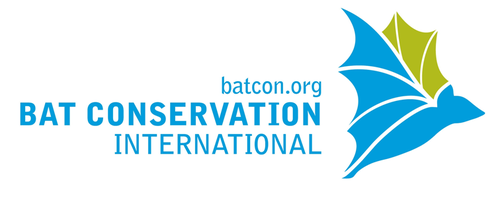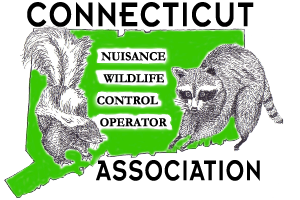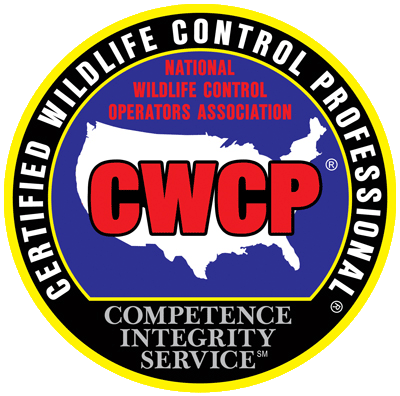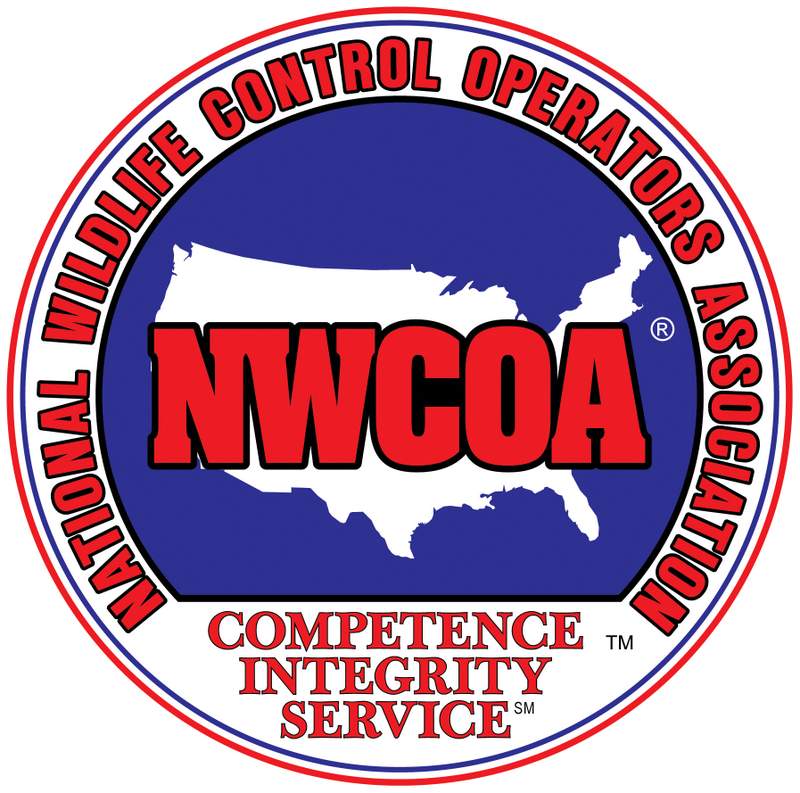Connecticut's summer season is a time of vibrant beauty and abundant wildlife. From captivating songbirds to intriguing mammals, our state offers a rich tapestry of creatures to discover and appreciate. At Wildlife Control Services LLC, we are passionate about fostering a harmonious coexistence between humans and wildlife. In this blog article, we will explore some of the fascinating species you may encounter during the summer months in Connecticut, including raccoons, squirrels, and groundhogs, while emphasizing the importance of responsible wildlife management and conservation efforts.
Avian Delights:
Connecticut is a bird lover's paradise, boasting a diverse avian population. During summer, migratory birds grace our skies with their colorful plumage and enchanting melodies. Look out for the striking red hues of Northern cardinals, the cheerful songs of American goldfinches, and the graceful flight of Eastern bluebirds. Additionally, our state's wetlands provide vital habitats for waterfowl, including magnificent great blue herons and elegant egrets.
Buzzing Pollinators:
As flowers bloom and gardens thrive, pollinators become essential contributors to our ecosystems. Bees, butterflies, and hummingbirds play a vital role in pollination, ensuring the continuity of plant life. From the industrious honeybee to the delicate beauty of monarch butterflies, these pollinators are crucial for maintaining biodiversity. Creating pollinator-friendly spaces in our own gardens by planting native flowers and avoiding pesticide use helps support these important creatures.
Active Mammals: Raccoons, Squirrels, Groundhogs, and Bats
Connecticut's woodlands come alive with various mammals that become more active during the summer months. Playful Eastern gray squirrels can be spotted darting through trees, while agile raccoons explore their surroundings. These creatures are fascinating to observe, but conflicts may arise when their habitats intersect with human settlements. Raccoons can be notorious for raiding trash cans and causing property damage, while squirrels may find their way into attics or create nests in chimneys. Groundhogs, also known as woodchucks, can burrow in lawns and gardens. Bats, on the other hand, provide valuable pest control by consuming insects and mosquitoes. If you encounter such situations, seeking professional wildlife management services can ensure the safety and well-being of both humans and animals.
Connecticut's summer season presents a remarkable display of wildlife diversity. By appreciating and understanding the animals that share our environment, we can cultivate a sense of stewardship and responsibility towards their well-being. At Wildlife Control Services LLC, we are committed to promoting responsible wildlife management and ensuring the safety of both humans and animals.
If you encounter wildlife-related challenges or require professional assistance, we are here to help. With our expertise in humane wildlife control and conservation practices, we offer tailored solutions to meet your specific needs. Whether it involves removing nuisance animals, implementing preventative measures, or providing guidance on coexisting harmoniously with wildlife, our dedicated team strives to achieve a balance between humans and the natural world.
When it comes to managing wildlife interactions, relying on the expertise of trained professionals is crucial. Our knowledgeable technicians possess the necessary skills and experience to handle wildlife situations with care, empathy, and respect. We prioritize the well-being of both animals and the community, ensuring that our methods adhere to ethical guidelines and local regulations.
To learn more about our services or discuss any wildlife concerns you may have, we invite you to contact Wildlife Control Services LLC. Together, let's embrace the diversity of Connecticut's summer wildlife while promoting responsible coexistence and preserving the natural heritage that enriches our lives.






